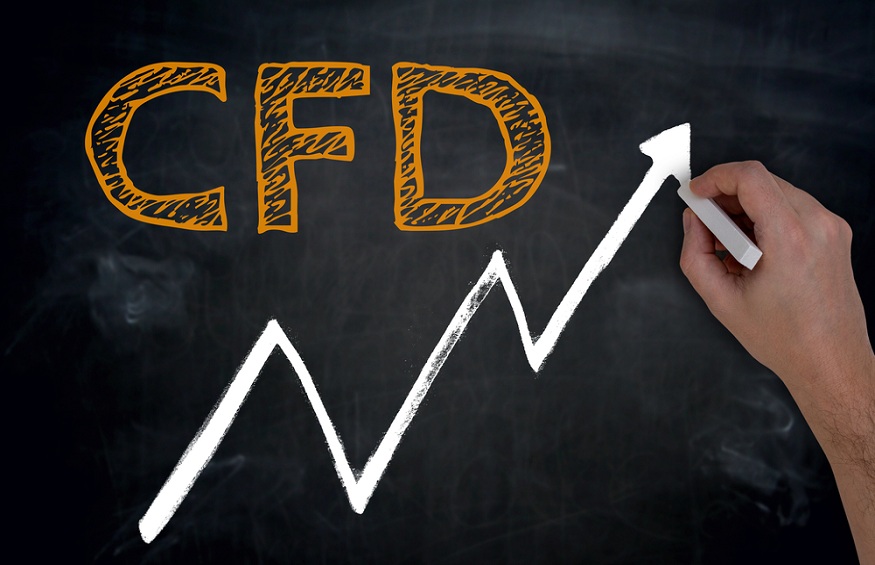What is CFD Trading in Australia?

CFD stands for Contract for Difference. It’s a contract that stipulates the terms of an agreement between two parties regarding the difference in the value of an underlying asset at a certain point in time. What does this mean?
Why CFD Trading
Well, imagine you’re trading shares on the Australian Securities Exchange (ASX). Your goal is to gain as much money as possible by buying low and selling high. You can read more on this here. You want to buy stocks when they are cheap, or at least cheaper than average, which means you have to make some calculations first. Also, you need someone on your side who can sell those stocks on your behalf if the prices go down again before you manage to sell them yourself.
Shorting Stocks
The same goes for shorting the stock—it’s actually borrowing shares from someone else to sell them right away, hoping the price will drop so you can repurchase them even cheaper and return the shares to their owners. You can also borrow some initial share capital when shorting, but additional payments might be required.
For simplicity’s sake, let’s say that these are your only two options for stock market trading with CFDs – buying or selling stocks. We’ll get into what you can do precisely on top of that while using CFDs in a bit. Like any other type of financial instrument, there are good and bad things about CFDs, but it all depends on how you use them.
CFDs vs Stocks
While not everyone would agree on this, CFDs are often seen as a greater risk than trading stocks outright. That’s because when you’re buying stocks, you’re essentially buying a small piece of the company that issued them. The better the company does, the more your stocks will go up in value, and you can sell them for a profit. Conversely, if the company tanks, your stocks will lose value, and you might end up selling them at a loss. With CFDs, you’re not buying any underlying assets – you’re just betting on whether the price of an asset will go up or down. This means there’s always a chance that you could lose your money, even if the asset only goes down by a tiny amount.
That said, there are some benefits to CFDs, especially compared to buying stocks outright. For example, you can buy or sell stock anytime during the trading day, whereas you need to plan ahead with CFDs. You might also end up paying well over the market price for stock if you want them right now – that’s why it’s important to use leverage when buying. With CFD brokers like Dukascopy Bank SA, however, you can trade contracts without having access to any underlying assets at all. If the prices go down, it’s straightforward for your broker to close your position and return your funds.
In Conclusion
To put it shortly, CFDs are a good way of speculating on short-term price fluctuations in an asset without actually owning the said asset. You can use CFDs to open and close positions quickly, which is perfect for day traders. Ensure that you are aware of what risks are involved and that you’re using a reputable broker.
CFD trading is prevalent all around the world these days—Australia included. Why? Well, it’s simple: while some traders argue that CFDs are risky or not as profitable as they appear, at first sight, they can be highly beneficial if you use them right. CFDs allow you to increase your return on an asset significantly, and they let you open short positions as well. Now that you have learnt more about what CFDs are and how trading with them is done, you can trade them online. It’s also good to look at some online broker reviews before opening an account with anyone; these reviews contain lots of information that might help you make a better choice in the long run.





